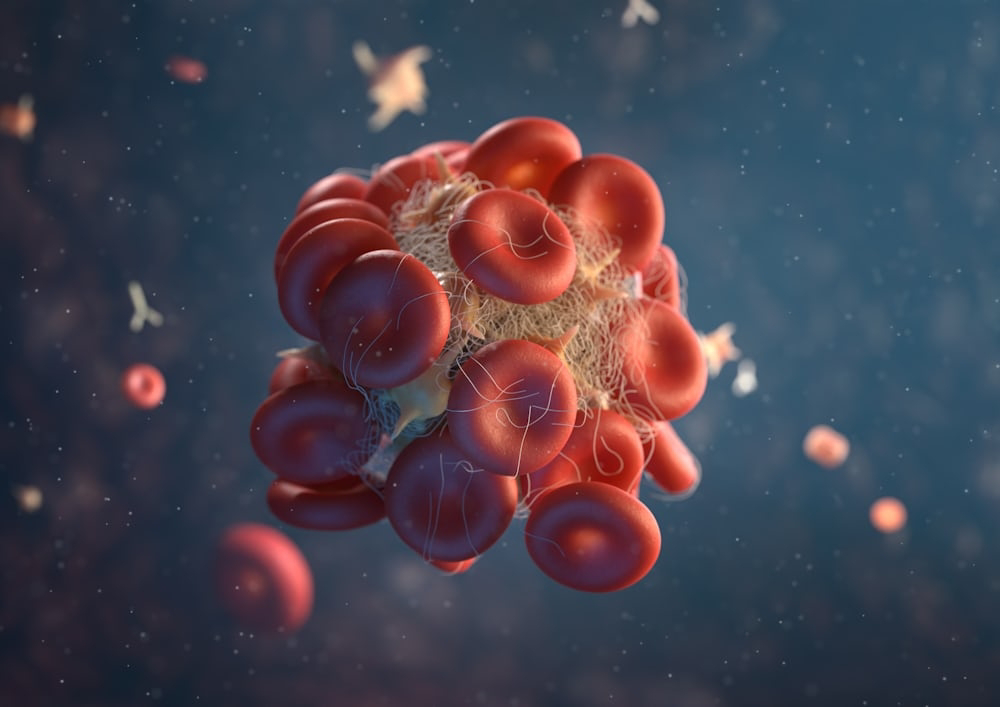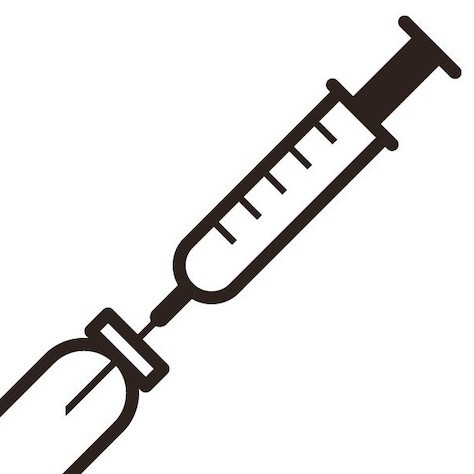How to Talk to Your Doctor About TRT
Testosterone Replacement Therapy (TRT) can be a transformative treatment for those experiencing low testosterone levels. However, initiating the conversation with your doctor about TRT can be daunting. This comprehensive guide aims to equip you with the knowledge and confidence to have an informed discussion with your healthcare provider.
Understanding Testosterone and TRT
What is Testosterone? Testosterone is a crucial hormone in the body, predominantly produced in the testes in men and in smaller amounts in the ovaries in women. It plays a vital role in various bodily functions, including:
- Muscle Mass and Strength: Testosterone promotes muscle growth and strength.
- Bone Density: It helps maintain bone density.
- Red Blood Cell Production: Testosterone stimulates the production of red blood cells.
- Sex Drive and Function: It influences libido and sexual performance.
- Mood and Energy Levels: Testosterone affects mood and energy levels.
What is Low Testosterone? Low testosterone, or hypogonadism, occurs when the body doesn’t produce enough testosterone. Symptoms can include:
- Fatigue
- Depression or mood changes
- Decreased libido
- Erectile dysfunction
- Reduced muscle mass and strength
- Increased body fat
- Decreased bone density
What is Testosterone Replacement Therapy (TRT)? TRT is a treatment designed to restore testosterone levels in individuals with hypogonadism. It can be administered through various methods, including:
- Injections: Administered every few weeks.
- Transdermal Patches: Applied daily to the skin.
- Gels: Applied daily to the skin.
- Pellets: Implanted under the skin every few months.
Preparing for the Conversation
1. Self-Assessment: Before discussing TRT with your doctor, assess your symptoms and how they impact your life. Keep a journal noting your energy levels, mood, sex drive, and any other related symptoms. This record will help provide a clear picture to your doctor.
2. Educate Yourself: Learn about TRT, its benefits, risks, and the different methods of administration. Reliable sources include medical websites, scientific journals, and reputable health organizations. Being informed will help you ask pertinent questions and understand your doctor’s recommendations.
3. Gather Medical History: Compile your medical history, including any chronic conditions, medications, and previous treatments. This information is essential for your doctor to determine if TRT is a suitable option for you.
4. Consider Your Goals: Think about what you hope to achieve with TRT. Are you looking to increase energy levels, improve mood, enhance sexual function, or build muscle mass? Having clear goals will help guide the conversation and treatment plan.
Initiating the Conversation
1. Schedule a Dedicated Appointment: Book a specific appointment to discuss your concerns about low testosterone and TRT. This ensures that you have ample time to discuss your symptoms and questions without feeling rushed.
2. Be Honest and Open: Start the conversation by being straightforward about your symptoms and concerns. For example, you might say, “I’ve been experiencing fatigue, low mood, and decreased libido. I’ve read about low testosterone and TRT and wonder if this could be related to my symptoms.”
3. Present Your Symptoms and Journal: Share your symptom journal with your doctor. This detailed account will help your doctor understand the severity and duration of your symptoms.
4. Ask About Diagnostic Tests: Inquire about the tests needed to diagnose low testosterone. Typically, this involves a blood test to measure testosterone levels. Ask about the timing of the test, as testosterone levels can fluctuate throughout the day and are usually highest in the morning.
Key Questions to Ask Your Doctor
- What are the potential benefits of TRT for my symptoms?
- What are the risks and side effects associated with TRT?
- What diagnostic tests will I need to confirm low testosterone?
- How will we monitor my progress and testosterone levels during treatment?
- What are the different methods of administering TRT, and which one is best for me?
- How long will it take to see improvements with TRT?
- What lifestyle changes can I make to complement TRT and improve my overall health?
- Are there any alternative treatments to consider?
Understanding the Risks and Benefits
Benefits of TRT:
- Improved Mood and Energy Levels: Many patients report feeling more energetic and experiencing an uplift in mood.
- Enhanced Sexual Function: TRT can help increase libido and improve erectile function.
- Increased Muscle Mass and Strength: Patients often notice gains in muscle mass and strength.
- Better Bone Density: TRT can help maintain or improve bone density, reducing the risk of fractures.
Risks and Side Effects:
- Cardiovascular Risks: There is ongoing debate about the potential risk of heart disease with TRT. Discuss this with your doctor to understand the latest research.
- Prostate Health: TRT may affect prostate health, so regular monitoring is essential.
- Sleep Apnea: TRT can worsen sleep apnea in some individuals.
- Skin Reactions: Transdermal patches or gels can cause skin irritation.
- Mood Changes: Some individuals may experience mood swings or increased aggression.
Collaborating with Your Doctor
1. Follow-up Appointments: Regular follow-up appointments are crucial to monitor your progress, testosterone levels, and any side effects. Adjustments to the treatment plan may be necessary based on your response to TRT.
2. Lifestyle Modifications: Work with your doctor to implement lifestyle changes that support overall health and complement TRT. This may include a balanced diet, regular exercise, stress management, and adequate sleep.
3. Open Communication: Maintain open communication with your doctor. Report any side effects or concerns promptly so that adjustments can be made to your treatment plan.
Exploring Alternative Treatments
1. Lifestyle Changes: Sometimes, low testosterone symptoms can be alleviated through lifestyle changes such as improved diet, regular exercise, stress reduction, and adequate sleep.
2. Medications: Certain medications can stimulate the body’s natural production of testosterone or address specific symptoms associated with low testosterone.
3. Herbal Supplements: Some herbal supplements claim to boost testosterone levels. However, their efficacy and safety are not well-established, so discuss these options with your doctor before use.
Discussing TRT with your doctor is a critical step toward addressing symptoms of low testosterone and improving your quality of life. By preparing thoroughly, asking informed questions, and maintaining open communication, you can work collaboratively with your healthcare provider to determine the best treatment plan for your needs.
Remember, TRT is not suitable for everyone, and it’s essential to weigh the benefits and risks carefully. With the right approach and support from your doctor, you can make an informed decision that enhances your well-being and overall health.






Comments
Post a Comment